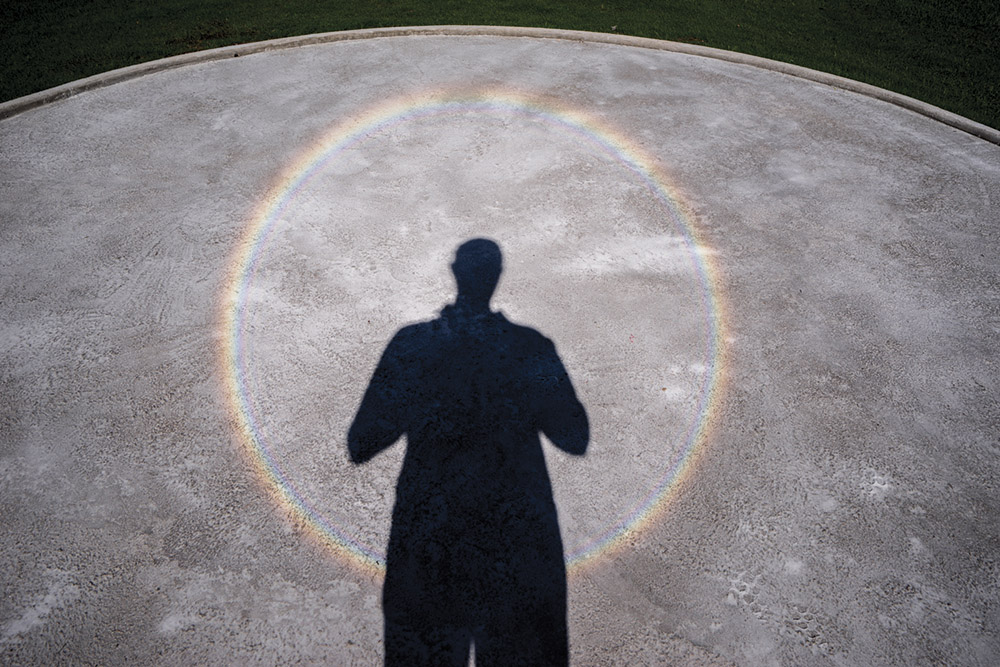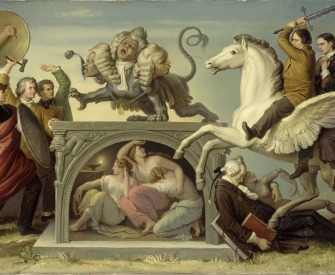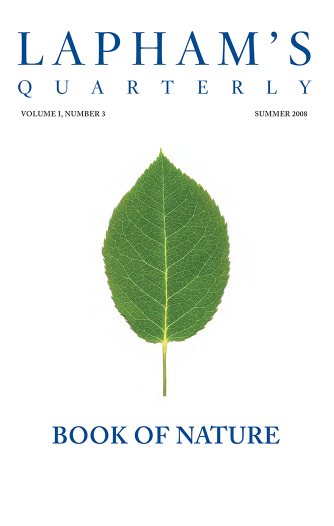Resorting to the law to resolve a dispute is a declaration of spiritual bankruptcy.
—Quentin Crisp, 1984Blood Will Have Blood
M. Edith Durham learns the Law of Blood.
For all their habits, laws, and customs, the Albanian people, as a rule, have but one explanation: “It is in the Canon of Lekë,” the law that is said to have been laid down by the chieftain Lekë Dukagjini. Lekë is fabled to have legislated minutely on all subjects. For example, a man told me that Lekë had ordered that men should walk the length of one gun barrel apart, lest in turning the barrel should accidentally strike the next man, for a blow even by chance must be avenged. And this law was to keep peace. Similarly, women must walk the length of one distaff apart—they always spin on the march.
Of Lekë himself little is known. His fame among the tribes that still bear his name far exceeds that of Skanderbeg, and the fog of mythology is thick around him. He has left no mark on European history—is a purely local celebrity—but must have been of insistent individuality to have so influenced the people that “Lekë said so” obtains far more obedience than the Ten Commandments. The teachings of Islam and of Christianity, sharia and church law, all have to yield to the Canon of Lekë.
As for the laws and customs ascribed to him, the greater part are obviously far earlier than the fifteenth century, when he is said to have lived. They probably were obeyed by the unknown warriors of the bronze weapons in the prehistoric graves.
Lekë possibly put together the then existing tribe law, but his own laws are probably those only that are designed to check or reform old usage by enforcing punishment. It is impossible to believe, for example, that—as the people declare—Lekë both ordered blood vengeance to be taken, and condemned the taker of it to be severely punished. Rather, that he devised a heavy penalty to check blood feud. But it has signally failed.
The most important fact in northern Albania is blood vengeance, which is indeed the old, old idea of purification by blood. It is spread throughout the land. All else is subservient to it.
“What profit is life to a man if his honor be not clean?” To cleanse his honor, no price is too great. And in the mountains, the individual is submerged in tribe. He is answerable, too, for the honor of his mehala [a group of closely related houses], sometimes indeed of his whole fis [tribe].
Blood can be wiped out only with blood. A blow also demands blood, so do insulting words. One of the worst insults is the marrying of a girl betrothed to one man to another. Nothing but blood can cleanse it.
Abduction of a girl demands blood, as does, of course, adultery. This does not appear to be common. It entails so much blood that “the game is not worth the candle.” The blood taken need not be that of the actual offender. It must be male blood of his house or tribe.
A man is answerable, too, for his guest and must avenge a stranger who has passed but one night beneath his roof if on his journey next day he be attacked. The sacredness of the guest is far-reaching. A man who brought me water from his house, that I might drink by the way, said that I now ranked as his guest, and that he should be bound by his honor to avenge me should anything happen to me before I had received hospitality from another.
Blood vengeance, slaying a man according to laws of honor, must not be confounded with murder. Murder starts a blood feud. In blood vengeance the rules of the game are strictly observed. A man may not be shot for vengeance when he is with a woman, nor with a child, nor when he is met in company, nor when besa (oath of peace) has been given. Two parties may swear such an oath for a few weeks if they choose, for business purposes. There are men who, on account of blood, have never been out alone for years.
When the avenger has slain his victim, he first reaches a place of safety and then proclaims that he has done the deed. He wishes all to know his honor is clean. That he is now liable to be shot, and if the blood be taken within the tribe, to heavy punishment also, is of minor moment to him.

Aura, by Chris Fraser, 2015. © Chris Fraser, courtesy of the artist and Gallery Wendi Norris, San Francisco.
The Canon of Lekë has but two punishments, fine and burning of property. Neither death nor imprisonment can be inflicted. Prison there is none. Death would but start a new feud. And Lekë’s object appears to have been to check feud.
In the case of a man accused of murder and arraigned before the elders, should it occur that they cannot come to any agreement as to whether he be guilty or not, a new trial can be made. But the xoti i ghakut (lord of blood, i.e., that one of the deceased’s family who has the right to demand blood or its equivalent) rarely waits for this. He prefers to shoot the man that he accuses, and by so doing renders himself liable to house burning, and to being shot in his turn. Sometimes the ghaksur (taker of blood) flies and shelters with another tribe, leaving his burned-out family to shift for themselves. Or his relations take him in, help pay his fine—for the honor of them all is cleaned by the blood taking—give him, one a sheep, another an ox, and he helps work their land till free to work his own again, and so he makes a fresh start. I have met men burned clean out three times, but now in fairly flourishing condition.
Any house to which a ghaksur flies for shelter is bound to give him food and protection; he is a guest, and as such sacred. The Law of Blood has thus had great influence in mixing the population of all the western side (at least) of the Balkan Peninsula, Montenegrins have for centuries fled from “blood” into Albania, and Albanians into Montenegro.

M. Edith Durham
From High Albania. Born into what one biographer called a “self-consciously progressive mid-Victorian family,” Durham cared for her ailing mother after her father’s death in 1895—a task from which she desperately sought escape. She suffered a nervous breakdown, secured an “alarmingly worded” doctor’s note, demanded time off, and traveled in 1900 to the Balkans for the first of many trips to the region. Her focus on the topic of revenge in Albania, her best-known work, led one reviewer to complain that the text “literally reeks of blood.”

